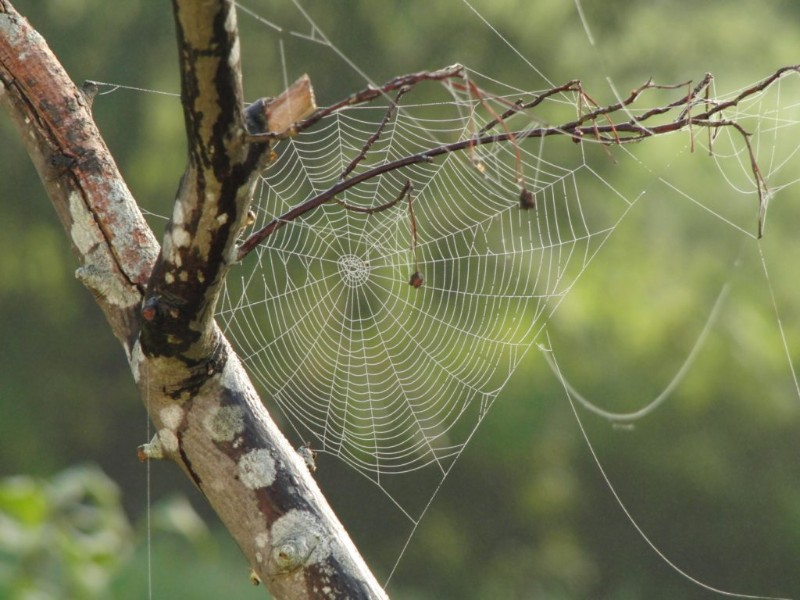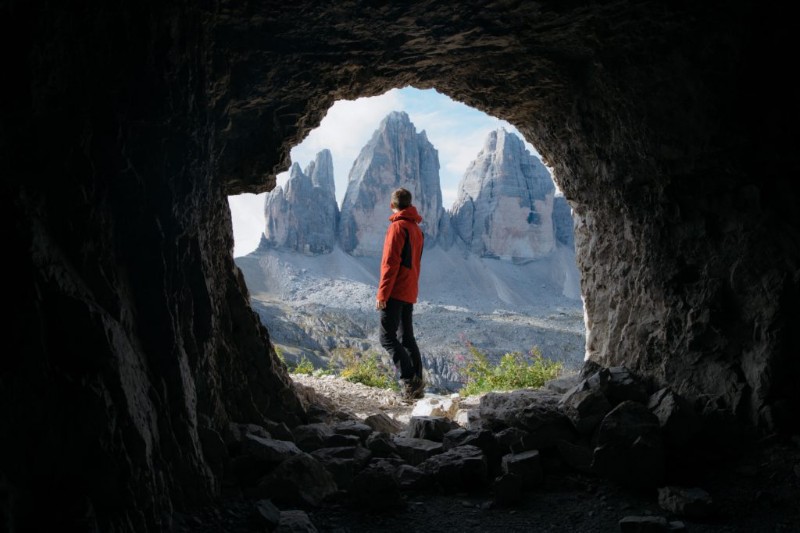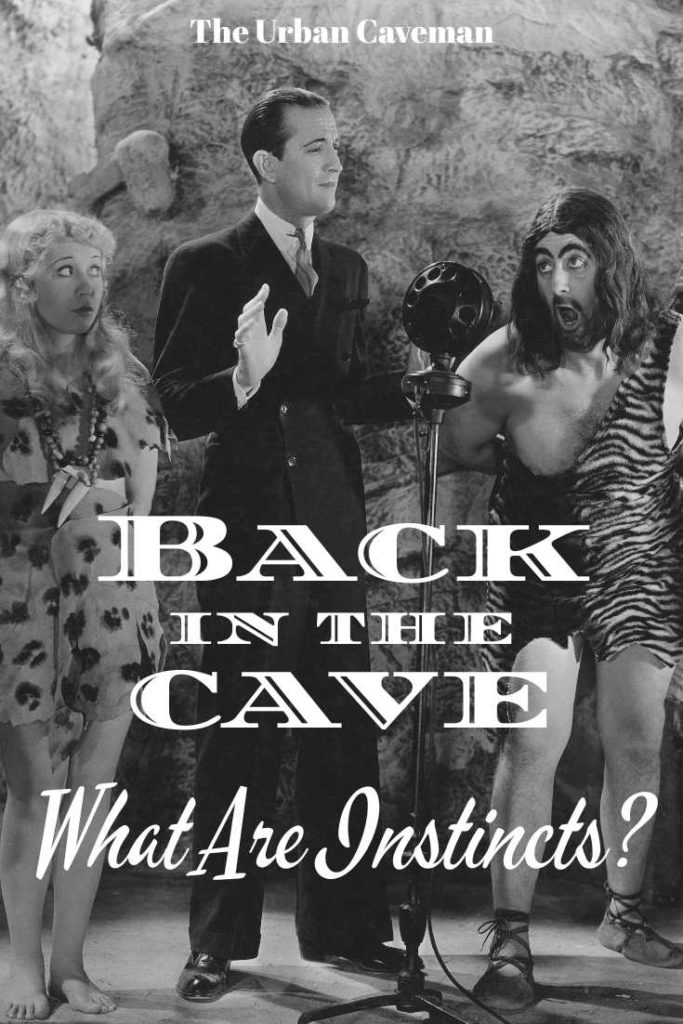Since the earliest days of recorded history, mankind has been engaged in a love affair with our own self destructive behaviors. So much so that the goal of most of the major world religions, at least on paper, is to provide ways of coping with these destructive tendencies in life, while ensuring salvation from them in death.
From the corporate greed that’s directly responsible for the devastation of our environment and inequalities in wealth distribution, to the obesity epidemic that’s plaguing western cultures. Our survival as a species will depend on our ability (and willingness) to come together and overcome these behaviors.
But how are we to overcome our unique ability to work against our own best interest, if we don’t understand why we do it in the first place?
Over the coming year, I’m going to be talking about many of the self destructive behaviors that we readily engage in, and how they affect us individually, nationally, and globally. I’ll also discuss what we can do to use these these behaviors as a positive force in our lives, rather than a negative.
First, however, I’m going to give a brief synopsis of an idea that I’ve been chewing on over the past few years, about how these self destructive behaviors are actually natural instincts, deeply embedded into our DNA over millions of years of evolution, that were vital to our survival back in the cave, but that now work against us in the modern world, so much so that they may lead to our final undoing.
Every species has instincts. From the smallest spider that knows from the moment it’s hatched how to spin a web without being taught, to the moose that naturally knows to munch on leaves, and luscious marsh plants, instead of trying to hunt down a deer.

Instincts can most easily be described as a type of genetic memory. This genetic memory won’t allow you to remember your parents wedding day (or wedding night, thank god), however it does pass along all the knowledge that a species requires to survive in it’s natural habitat, such as how to reproduce, what food to eat, where to find that food, where to find shelter, and how to avoid becoming something else’s food.
If every species has instincts, then why do we think us humans would be any different?
The simplest answer is that we aren’t. The primary difference between us and the rest of the animal kingdom is that A) There are very few humans remaining who still live in their natural, evolutionary environment. And B) Humans possess the unique ability to use logic and reasoning to consciously act in opposition to our instincts when we know it’s in our best interest to do so (and often when it’s not).
But what happens when we take an animal out of it’s natural environment, and put it into an artificial environment?
As any dog lover can tell you, dogs love to chase things. We throw balls, and sticks across the park, and into lakes for them to chase after, only for them to bring it back to do again and again. It’s one of their greatest joys in life.

This instinct is a leftover from their time as wolves, when they needed to chase down their meals in a coordinated attack, and has been fine tuned by our ancestors through thousands of years of selective breeding so that they now desire to not only chase an object, but also to return it to their master in exchange for praise and affection. It’s what makes them the ideal hunting companion.
But without proper training, that instinct can have disastrous consequences.
One day when my dog, Kaylee, was a young pup, I decided to take her for a walk. I opened the door, and as I was locking it behind me, she saw a jackrabbit in the yard, and took off in pursuit, pulling the leash out of my hand. Fortunately the car saw her coming, and was able to stop just before she darted out onto the street, but it serves as a reminder of what can happen when we act on our natural instincts in an unnatural environment.
Like dogs, us humans have instincts leftover from our days as hunter/gatherers. From sex, and violence, to tribalism, and our herd mentality. The foods we crave, to our choice in exercise (or lack thereof), and how we relate to the people around us. These instincts helped us survive ice ages, and subsequently thrive in the most inhospitable environments for 800,000 years.
Our instincts still govern how we interact with the world around us, however a lot has changed since our time in the wild.

We’ve traded towering trees for skyscrapers, rough game trails for perfectly smooth concrete sidewalks, cold damp caves for climate controlled houses, and weeks long hunting trips for a quick drive to the grocery store.
Our DNA, however, has changed very little since our time in the cave. Deep down, we’re still wild animals, only now confined to a self-imposed cage.
Our primal urges are still there, screaming to be expressed. Not acting upon them could drive a man or woman to insanity. However acting upon them without intent, in an environment that these instincts weren’t intended for, can lead to the perversion of these instincts, in what the world religions have come to collectively refer to as “sin”.
If we as a species are to survive, let alone thrive, in our new environment, we must train ourselves to act on our instincts in a way that’s constructive to ourselves as individuals, and as a species.
Stay tuned, as I discuss in detail what instincts we possess, how they benefited us in the cave, how they harm us in the artificial environment we call civilization, and how we can harness their power for the benefit of ourselves, and those with whom we share this world.
